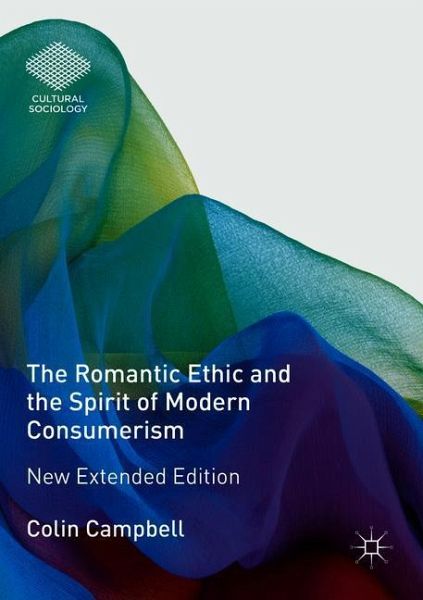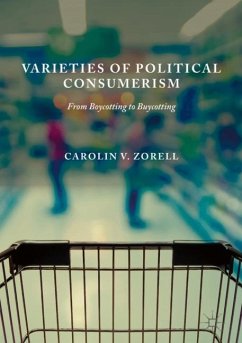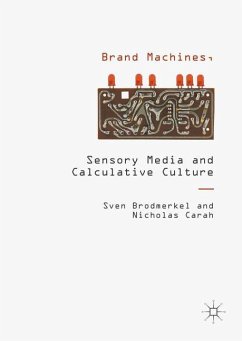
The Romantic Ethic and the Spirit of Modern Consumerism
New Extended Edition

PAYBACK Punkte
25 °P sammeln!
Originally published in 1987, Colin Campbell's classic treatise on the sociology of consumption has become one of the most widely cited texts in sociology, anthropology, cultural studies, and the history of ideas. In the thirty years since its publication, The Romantic Ethic and the Spirit of Modern Consumerism has lost none of its impact. If anything, the growing commodification of society, the increased attention to consumer studies and marketing, and the ever-proliferating range of purchasable goods and services have made Campbell's rereading of Weber more urgent still. As Campbell uncovers...
Originally published in 1987, Colin Campbell's classic treatise on the sociology of consumption has become one of the most widely cited texts in sociology, anthropology, cultural studies, and the history of ideas. In the thirty years since its publication, The Romantic Ethic and the Spirit of Modern Consumerism has lost none of its impact. If anything, the growing commodification of society, the increased attention to consumer studies and marketing, and the ever-proliferating range of purchasable goods and services have made Campbell's rereading of Weber more urgent still. As Campbell uncovers how and why a consumer-oriented society emerged from a Europe that once embodied Weber's Protestant ethic, he delivers a rich theorization of the modern logics and values structuring consumer behavior. This new edition, featuring an extended Introduction from the author and an Afterword from researcher Karin M. Ekström, makes clear how this foundational work alignswith contemporary theory in cultural sociology, while also serving as major influence on consumer studies.












